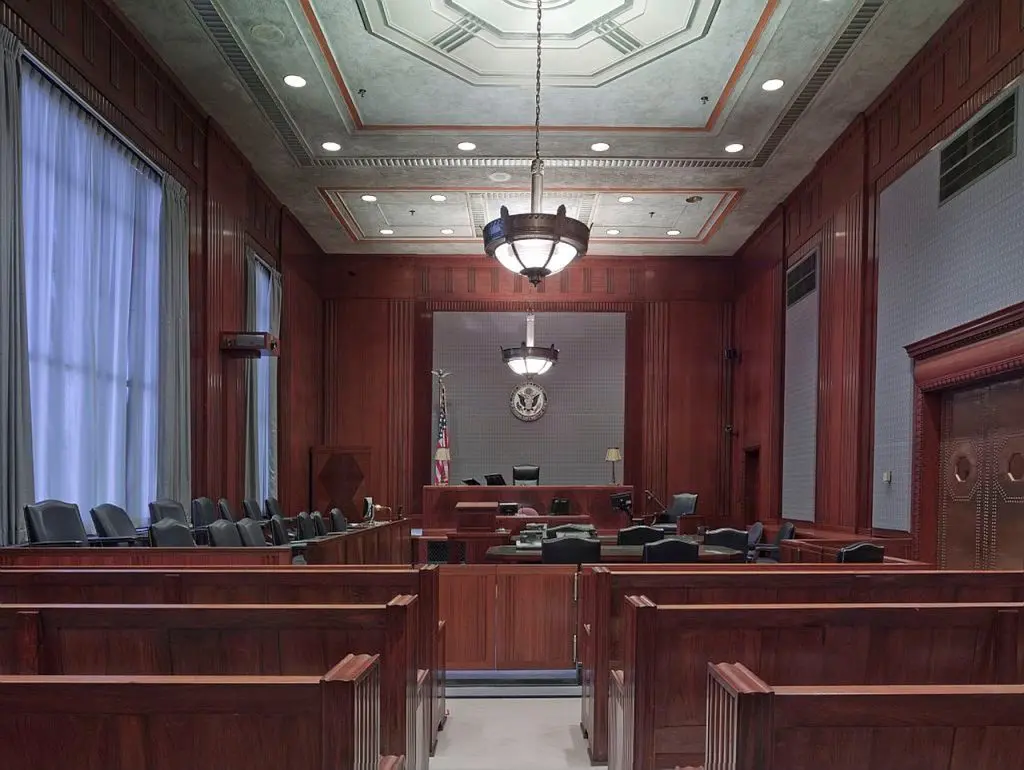Jail
Jail Sentences and Legal Rights: An In-Depth Look at the Justice System
Jail, a critical component of the criminal justice system, is a term that holds significant legal weight. Understanding its complexities is crucial for those navigating the legal system, either personally or as a family member of someone incarcerated.
Jail is often confused with prison, but the two serve different purposes. Jail is typically used for shorter sentences and for individuals awaiting trial or sentencing. Prisons, on the other hand, house those serving longer sentences.
The legal process leading to jail time involves several stages, including arrest, arraignment, trial, and sentencing. Each stage has its own legal nuances and rights that the accused must be aware of. For instance, during arraignment, individuals learn about the charges against them and their rights in the legal process.
Inmate rights are a crucial aspect of the jail system. These rights include access to legal counsel, protection from cruel and unusual punishment, and the right to non-discriminatory treatment. Despite being incarcerated, inmates retain certain fundamental rights that must be respected.
Jail time can have a profound impact on an individual’s life. Beyond the loss of freedom, it affects employment, relationships, and mental health. The experience of being in jail varies widely depending on the facility, the length of stay, and individual circumstances.
Reentry into society post-jail time is another important aspect. Rehabilitation programs, reentry assistance, and support networks play vital roles in helping former inmates reintegrate into society and reduce recidivism.
The impact of jail on families cannot be overstated. Families often face emotional, financial, and social challenges. Understanding the legal system and available support resources can help families navigate these difficult times.
In conclusion, jail is more than just a place of confinement; it is a complex legal entity within the criminal justice system. Its impact extends beyond the individual to families and society at large, making an understanding of its legal aspects essential.
Furthermore, the conditions within jails are subject to legal standards and regulations. These standards are designed to ensure safety and humane treatment for inmates. Monitoring and enforcing these standards is crucial to uphold the integrity of the justice system.
Legal advocacy for inmates, including legal aid and rights organizations, plays a vital role in addressing grievances and ensuring fair treatment. These advocates are essential in highlighting systemic issues and pushing for reforms in the jail system.
Additionally, understanding the bail and bond system is crucial for those facing jail time. This system allows for temporary release while awaiting trial, subject to certain legal conditions.
Lastly, the societal perspective on jails, encompassing both punitive and rehabilitative views, influences legal policies and public opinion. Balancing these perspectives is a continual challenge for the legal system.
In sum, jails are multifaceted legal institutions with significant implications for individuals, families, and society. Comprehensive knowledge and effective legal support are key to navigating this complex landscape.
Working with a bail bondsman can be a straightforward process when you understand the basic steps...
by the late Wally Farrell, Certified Criminal Law Spcialist, San Bernardino and Riverside County, California. Originally...
by the late Mark Sullivan, Board Certified Criminal Defense Attorney, Palm Springs, California. Originally printed in...
Originally printed in 2002 in Crime, Justice and America magazine and reposted with permission from Crime,...




